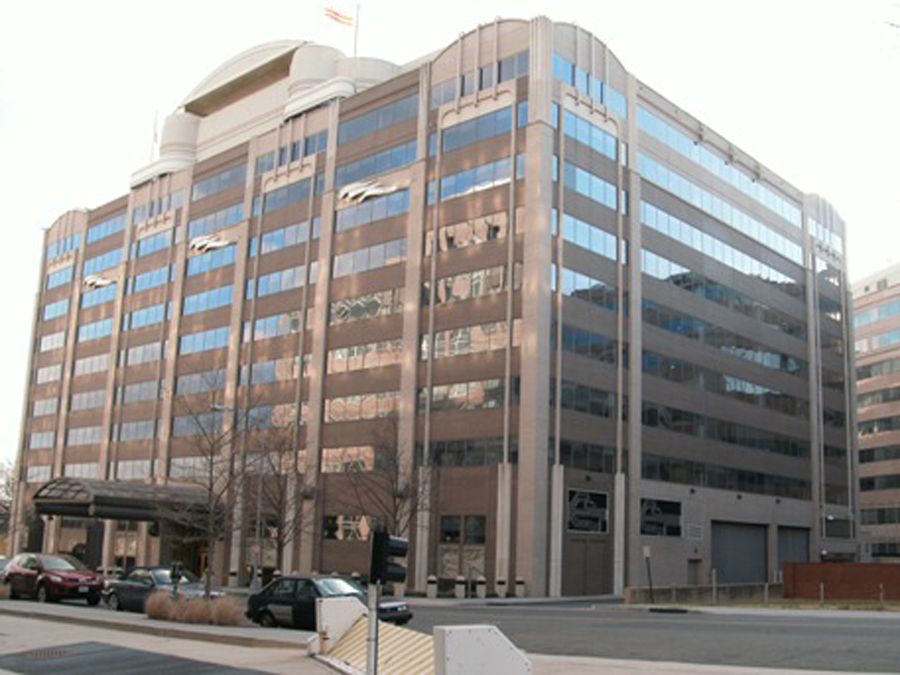CDT: FCC Should Not Abet Trump Attack on Web
Said it should reject NTIA petition ASAP

The smarter way to stay on top of the multichannel video marketplace. Sign up below.
You are now subscribed
Your newsletter sign-up was successful
Why should the FCC reject President Donald Trump's effort to regulate social media, let the Center for Democracy and Technology count the ways.
Initial comments on the National Telecommunications & Information Association petition to the FCC to come up with a framework for regulating social media content are due Sept. 2 and CDT was not waiting until the last minute to make its pitch. (NTIA is the President's chief communications policy advisor).
CDT said the petition, which came at the direction of the President's executive order, is unconstitutional, and seeks "to use the FCC as a partisan weapon." It said the President is trying to regulate speech through "threats and retaliation."
Related: Trump Can't Punish Twitter Critics
The President has alleged that Silicon Valley censors conservative speech, and was particularly unhappy that Twitter flagged his tweets about mail-in voting being fraud and what Twitter interpreted as an online threat of violence ("When the looting starts, the shooting starts" the President had Tweeted during protests following the death of George Floyd).
"The petition, and the Order, attack the constitutionally protected right of social media services to moderate content on their platforms, limiting those services’ ability to respond to misinformation and voter suppression in an election year, and depriving their users of access to information and of access to services that operate free from government coercion," it told the FCC.
Related: Vimeo Asks FCC to Ignore Trump Effort to Regulate Social Media
CDT said the FCC lacks the authority to do what the White House asks and makes fundamental errors about content moderation that are fatal to the petition. "Any one of the constitutional, statutory, and policy deficiencies in the NTIA’s petition requires that the FCC reject it without further consideration," he said.
The smarter way to stay on top of the multichannel video marketplace. Sign up below.
Contributing editor John Eggerton has been an editor and/or writer on media regulation, legislation and policy for over four decades, including covering the FCC, FTC, Congress, the major media trade associations, and the federal courts. In addition to Multichannel News and Broadcasting + Cable, his work has appeared in Radio World, TV Technology, TV Fax, This Week in Consumer Electronics, Variety and the Encyclopedia Britannica.

